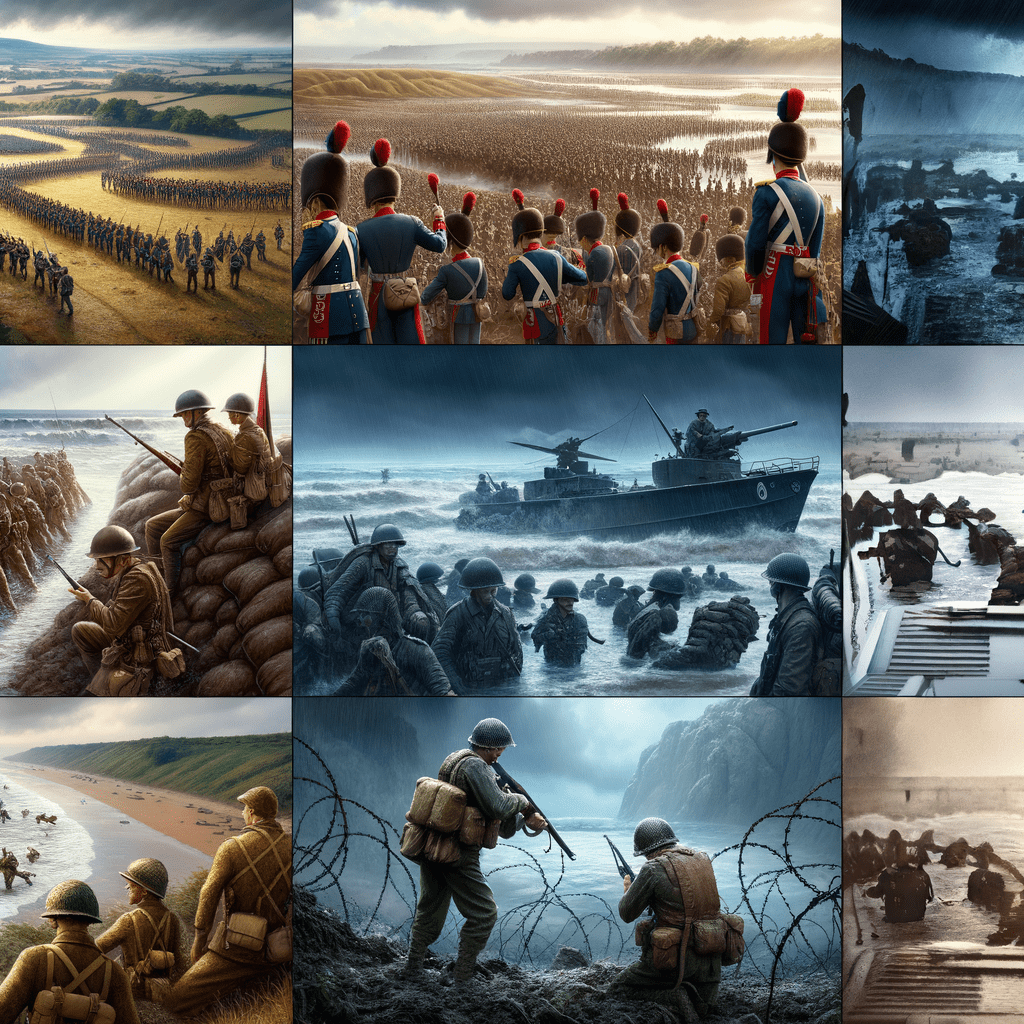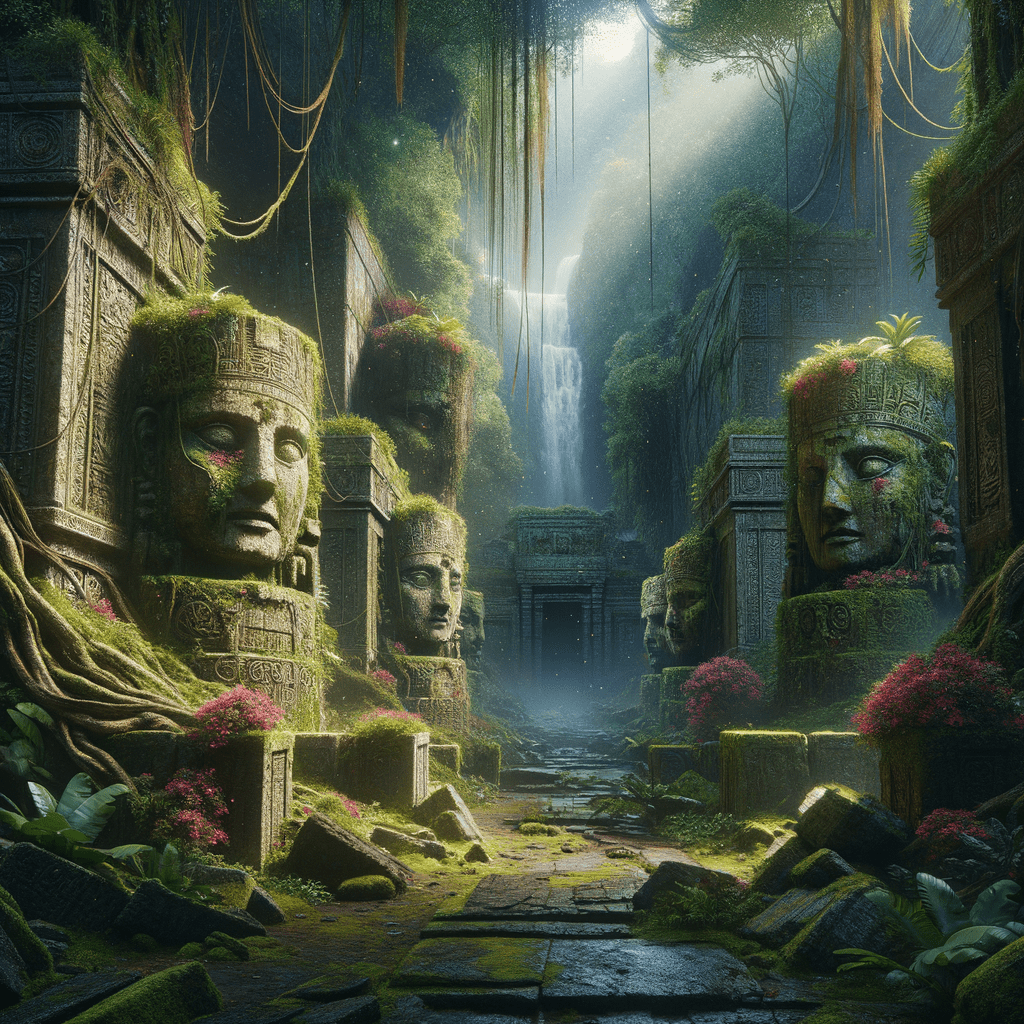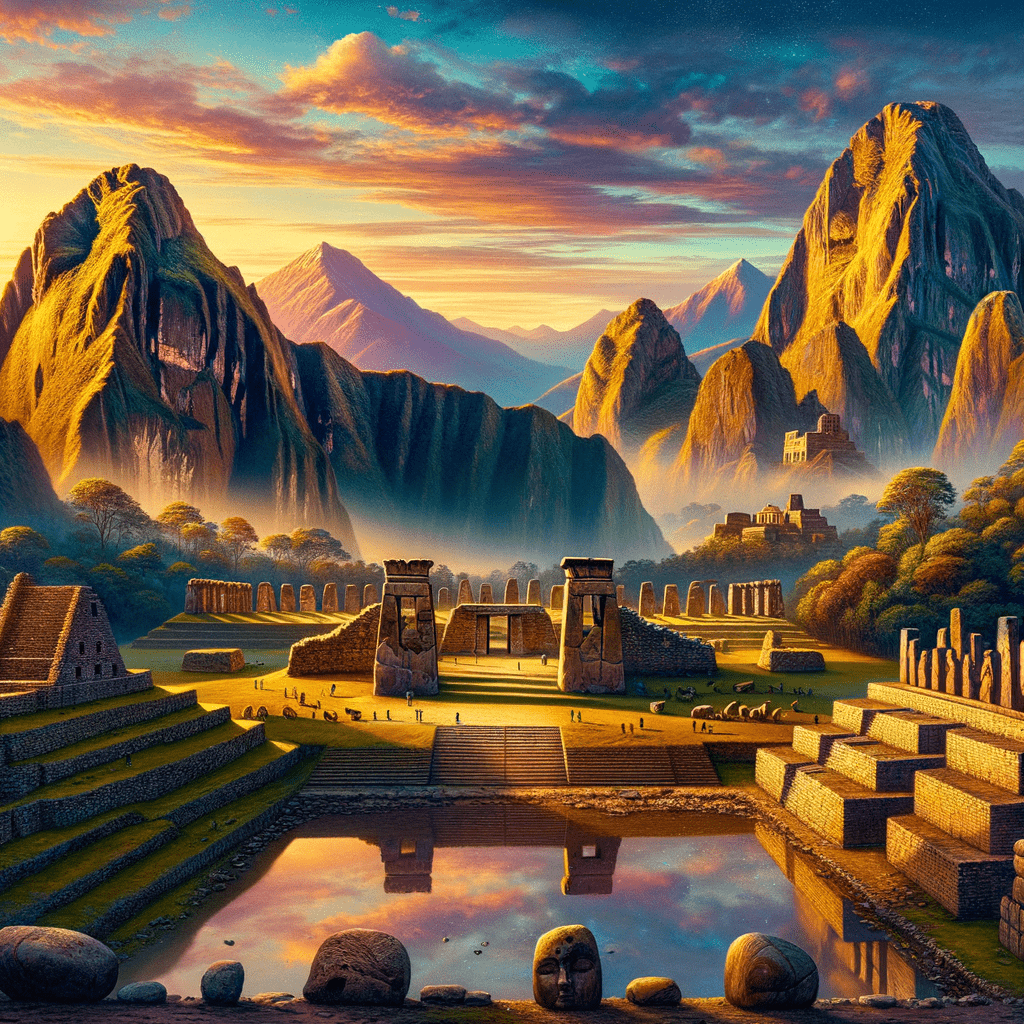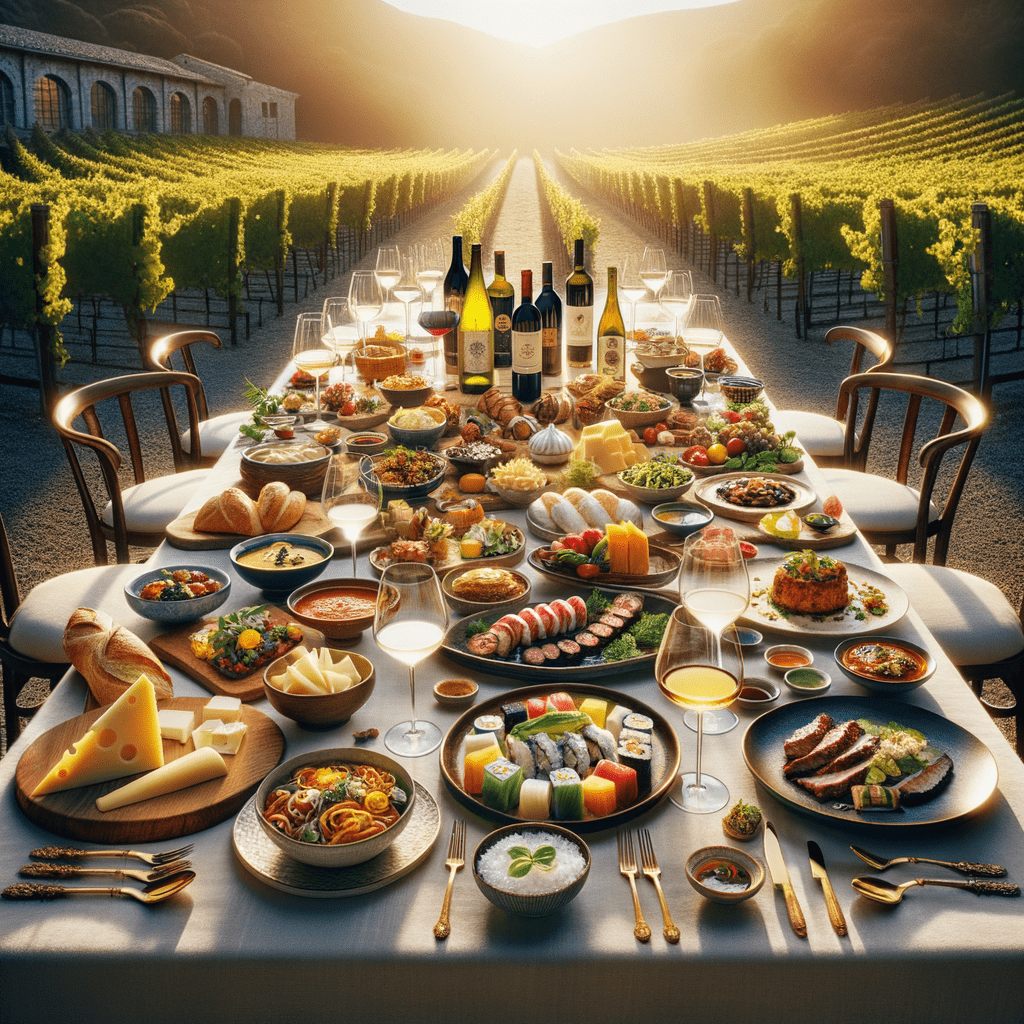The wind is picking up as I sit here, letting it tease tales of ancient journeys into my ears, filling me with a jittery excitement—almost like a kid right before opening a long-awaited gift. I’m about to dip my toes into the world of history’s great explorers, people who faced the unknown with hearts puffed full of courage, like balloons ready to burst with curiosity. You know that feeling—the adrenaline kind of buzzing through you when you’re pondering the vast unknown? I bet those trailblazers felt it too.
Their sagas, as diverse as the lands they discovered, each speak of a different world, a different era, a different brand of courage. It’s wild to think that back in those olden, sepia-toned days, there were dragons on the map’s edges, and yet, a few brave souls dared to tread unknown paths.
Take Christopher Columbus, for instance. Yeah, he’s a controversial figure, and I’m not here to sprinkle saintly stardust over his head. But, hey, venturing out in 1492 on a wooden ship, challenging the Atlantic like it’s some kind of moody giant? That’s legendary stuff. Sometimes I find myself staring out at the sea, pretending I’d have the guts to leave the comfort of known shores for an unraveled mystery.
But let’s not just sip seawater tales. Picture this: Meriwether Lewis and William Clark trekking through thick forests. Their mission, known as the Lewis and Clark or Corps of Discovery Expedition, stretched over 8000 miles! I can’t even fathom that distance—they ventured through rugged mountain paths and wide-open plains. I get tired just thinking about it! What sights did they see, now lost to modern cities or swallowed by sprawling farmland? The courage and tenacity within them must have been extraordinary.
And let me tell you about the lesser-known (at least in the West) Zheng He from the Ming Dynasty. Despite often being an overlooked chapter in Western history books, his voyages are nothing short of epic. Sailing those grand treasure ships from China to Africa, he was a navigator making waves long before Columbus or Magellan were even specks on the globe. Imagine sailing the vast ocean, always with one eye on the horizon, whispering your dreams into the wind on tranquil sea nights. Did the unknown bother them, stirring fear, or did those enormous vessels and rhythmic waves wrap them in comfort?
Let’s shiver for a moment thinking of Ernest Shackleton’s Antarctic ventures. The sheer madness—oh, how the brutal cold and isolation must have tested them! His ship, the Endurance, met its name with steadfast spirit but found an icy grave. Reading about their survival sends a chill down my spine. How did they keep flickers of hope alive amidst such a white, ruthless wilderness?
Expeditions More Than Mere Discoveries
These explorers ventured into the unknown and stitched the world’s very fabric tighter. They swapped ideas, seeds, and even culinary secrets, leaving their footprints in the cultural sands. The humble potato traveled from the Andes to Europe, adding warmth to wintry meals. Eastern spices opened a fragrant page in the culinary adventures of the West. But let’s not paint an overly rosy picture—their legacies are tangled with hardships, misunderstandings, and even erasure. It’s a cake mix of genius and tragedy if you ask me.
Now, think back even further—where dust-laden paths carried whispers of mystical adventures, Marco Polo trudged on from Italy into China, spelling out a connection between two worlds so vastly apart they might as well have been different galaxies. Did he miss his home, longing for familiar faces amid strikingly foreign lands? Probably. Yet he pressed on, his tales of far-off places thought fantastical by skeptics echoing over time.
It’d be unfair—actually, downright wrong—not to mention the women, like Sacagawea. Her name might be a tongue-twister for some, but her influence on the Lewis and Clark expedition was profound. Her guiding hand bridged cultural chasms and gender norms, arguably fuelling the expedition’s success. Her insight was pivotal. Imagine that kind of pressure on your shoulders!
Echoes in Modern Adventures
The history books may declare an end to the golden age of exploration, but its spark still flickers. I catch myself, eyes wide like a kid with a telescope, staring at the night sky. I wonder if modern explorers get that same buzz peering into galaxies that sailors of old felt facing the gaping unknown at the map’s edges. Today, our explorers swap wooden ships for rockets, traversing stars instead of seas.
These stories grab our imaginations and light the match of our own quests for understanding. Those perpetual why’s and how’s haunt our daily musings, don’t they?
What sticks with me when reflecting on these brave figures is the unstoppable audacity of the human spirit. I reckon a dash of it stirs within each of us, urging us to explore. We might not sail the same seas, but aren’t we all, in our unique way, navigating the uncertain waters of our lives, chasing discovery, connection, and understanding?
In this world, now smaller with centuries being compressed under a modern lens, maybe these stories ask us to reach deeper into unexplored emotions, ideas, and potentials within us. They mapped the land on ground, sure, but it is the spirit of curiosity they kindled that fuels adventures yet to come.
So, here’s to them—a metaphorical glass raised high. Those who dared the unexplored left legacies that dance still in stories passed through generations, maps stretched across tables, and starry skies above. If we continue to listen, explore, and learn, perhaps we can keep that age-old dance alive across our human experiences. Cheers!












